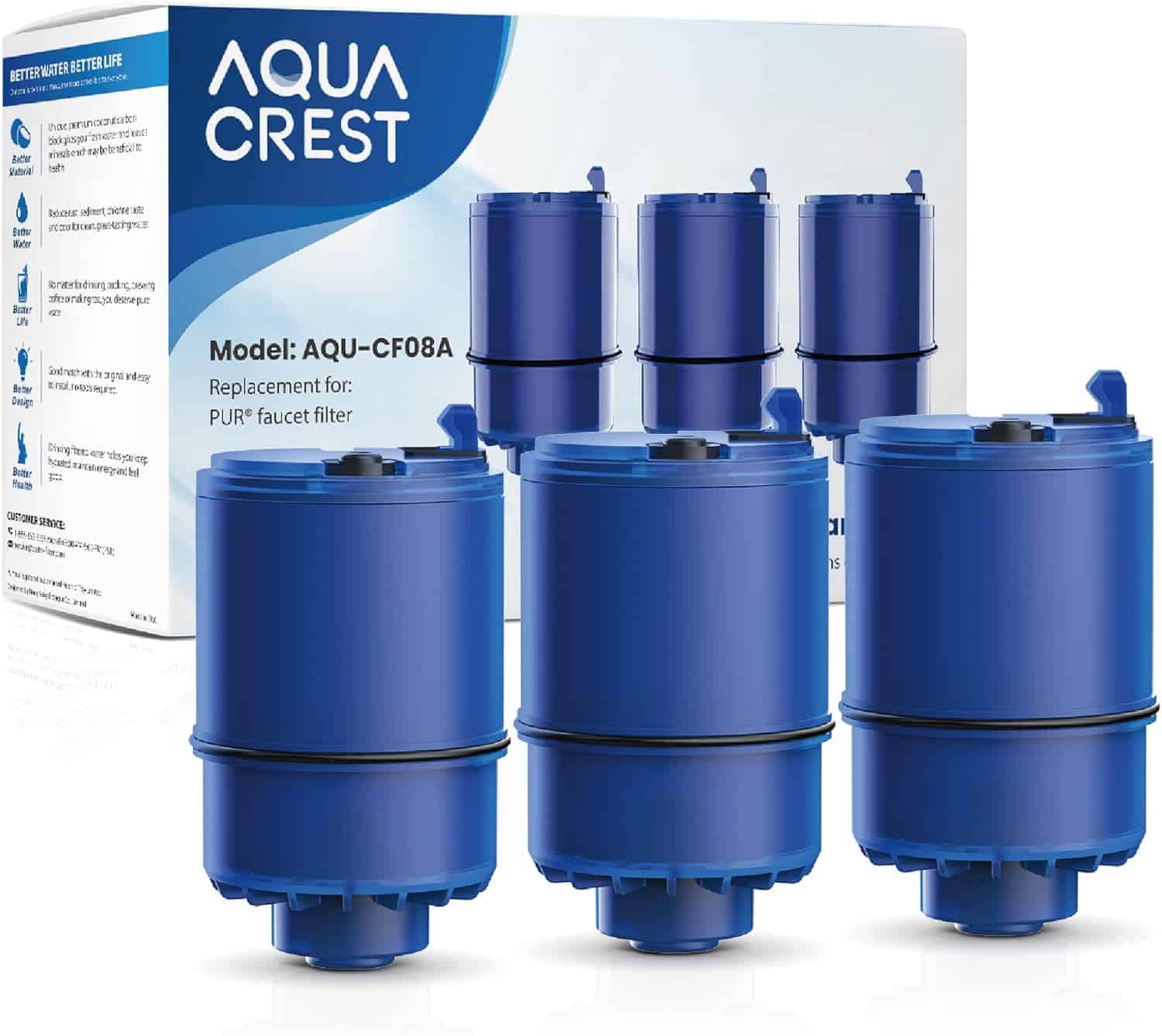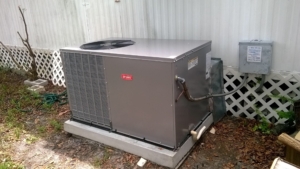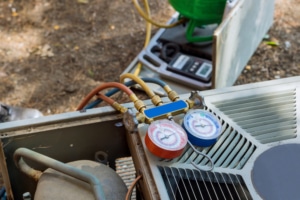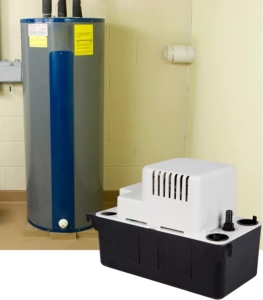Air Conditioning Drainage Is Important, Learn Why
Having air conditioning in our homes is a great way to stay cool on hot summer days. If you are located in Florida like us, you enjoy the comfort of your air conditioner a lot more than just summertime. Keeping our ac systems intact is a must here so when we are inspecting homes one of the areas we ensure we observed and document is air conditioning drainage.
What happens if you don’t drain water from the air conditioner?
If water is not drained properly from an air conditioner, several issues can occur:
- Water damage: If the condensate line is clogged or not draining properly, water can back up into the house and cause water damage to walls, ceilings, and floors.
- Mold growth: The combination of warm, humid air and standing water creates the ideal environment for mold to grow. If mold grows in the air conditioner or inside the house, it can cause health problems and musty odors.
- Reduced efficiency: If the air conditioner is not draining properly, the coils can freeze, which can reduce the efficiency of the unit and increase energy costs.
- Mechanical failure: If the air conditioner is not draining properly, it can cause mechanical failure of the unit, which can lead to costly repairs or replacement.
- Unpleasant odors: If the water is not draining properly, it can develop an unpleasant smell and can be noticed inside the home.
It’s important to check the condensate line regularly to ensure it is draining properly and to address any issues promptly to avoid any of these problems.
How much water should drain from an air conditioner?
The amount of water that should drain from an air conditioner can changes with the different homes and installations. Things such as the size of the unit, the humidity level in the home, and the temperature outside. On average, a properly functioning air conditioner can drain between 5 to 20 gallons of water per day.
If the humidity level inside the home is very high, or if the temperature outside is very hot, the unit may produce more condensation and drain more water. We will discuss the basics of air conditioner drainage and how to identify common causes of excessive water drainage from AC units.
How Does Air Conditioners Drainage?
When air conditioners are running, they draw air in from outside and then cool it as it passes through the air handler inside the home. The cooled air is then sent out of the house into the air ducts. As this happens, moisture from the air is condensed on the air handler’s cooling coils and collects in a condensate pan. From there, it is drained away from your home through an air-conditioning water drain.
Excessive water drainage from air conditioners can be caused by several things. These include clogged air filters, faulty or blocked air ducts, improper installation of air ducts, or low air flow due to air leaks in the air handler. It can also be caused by air that is too humid or air conditioning units that are oversized for the area they are cooling.
Preventing Excessive AC Water Drainage
To reduce or prevent excessive water drainage from your AC unit, you should regularly inspect and clean your air filters and air ducts to ensure that air is not restricted in any way. Additionally, you should seal air leaks in the air handler and make sure that your air conditioning unit is sized properly for the area it’s cooling.
Regularly maintaining and cleaning your AC unit’s drains can also help to reduce or prevent excessive water drainage from your air conditioner. You should check air conditioning water drains periodically for clogs and clear them out if necessary. Also something we see missing from installations often are drain pans. Adding a drain pan switch or air conditioner overflow shut-off switch to your air conditioner in order to prevent major flooding in the event of an overflowing condensate pan.
How to Install An Air Conditiner Drain Line
Installing an air conditioner drain line outside a house requires several steps and some basic tools. Here is a general overview of the process:
- Locate the condensate line: The condensate line is the PVC pipe that carries condensation from the air conditioner to the outside of the house. It should be located near the air conditioning unit.
- Measure the length of the condensate line: Measure the distance from the air conditioner to the location where the line will be discharged outside the house.
- Cut the PVC pipe: Use a saw to cut the PVC pipe to the appropriate length.
- Install the PVC pipe: The PVC pipe should be installed at a slight slope, 1/4 inch per foot, to ensure proper drainage. Use PVC primer and glue to connect the pieces of pipe together.
- Install the condensate pump (if necessary): Some air conditioners require a condensate pump to pump the condensation outside the house. If your air conditioner requires a pump, follow the manufacturer’s instructions for installation.
- Run the PVC pipe outside: Route the PVC pipe from the air conditioner to the point where it will be discharged outside the house. Be sure to avoid any areas where the pipe may be damaged or crushed.
- Connect the PVC pipe to the discharge point: The PVC pipe should be connected to a discharge point that allows the water to drain away from the house.
- Insulate the PVC pipe: Insulating the PVC pipe will help prevent condensation from forming on the outside of the pipe.
- Test the system: Turn the air conditioner on and check for any leaks or blockages in the condensate line.
Note: Ensure your air conditioning drain pipe has a trap. Watch the video to see why.
Summary: Air Conditioning Drainage Is Important, Learn Why
It’s important to note that the process might vary based on the model of your air conditioner, and if you’re unsure about any steps or have doubts about your ability to install the line, it is recommended to hire a professional to do the job for you.
If you’ve tried the above tips and methods to reduce or prevent excessive water drainage from your air conditioning unit, but still notice an issue, it may be time to call a professional for help with air conditioning water drains.
If you have additional questions and want to get in contact with GGR Home Inspections please send us a note, text, or call.






Pingback: How to Tell If Your Air Conditioner Is Draining Too Little or Too Much Water